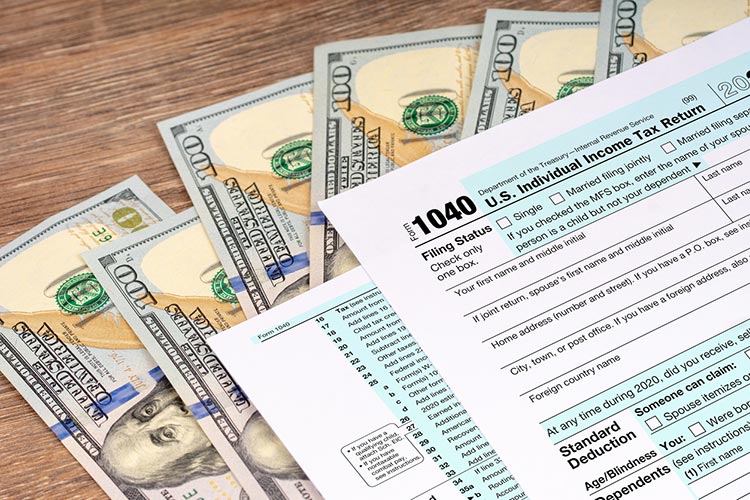How Is Rental Income Taxed in California?

Does owning rental property in California have any special tax implications? There are certain scenarios where California’s rental income taxation can be different from other states.
What Is the Difference Between Form 1040 and 1040-SR?

If you’ve filed a federal income tax return since the year 1913, you’re likely familiar with IRS Form 1040.
Are Cars Exempt from Capital Gains Tax?

If you sold a car this year, you may wonder how this affects your taxes. The IRS levies capital gains taxes when you sell an asset for a profit, but how does this apply to motor vehicles? Here’s what you need to know about capital gains taxes on vehicles.
What Types Of Costs Are Included In Adjusted Basis?

The concept ofcost basis, or simply basis, is frequently used to understand taxes, amortization, depreciation, and other issues impacting real estate investments. This is because understanding the basis of an investment—in other words, what you paid for it, plus purchase-specific expenses—can impact your overall investment strategy.
Can You Deduct Realtor Fees From Capital Gains?

We’ve written a lot about capital gains. We’ve explainedwhat they are, and when theymight trigger a taxable event. Although many of Realized’s previous blogs focus on capital gains when selling investment real estate or other capital assets, it’s also possible to generate capital gains from the sale of your primary residence or home.
DST Risks & Fees

It should come as no surprise that Delaware Statutory Trusts (DSTs) carry many of the same risks as a direct property investment. After all, the underlying asset driving the investment's performance is some type of real estate asset. From illiquidity to macroeconomic risks, such as rising interest rates, DSTs are exposed to various similar factors that may spell trouble for any real estate investment.
What are the Pros and Cons of a Deferred Sales Trust?

Executing a 1031 exchange is the primary strategy investors use to defer capital gains taxes on the sale of investment properties, but those taxes can also be kicked down the road by establishing a deferred sales trust (DST).
What Are The Steps in the Financial Planning Process?

Ensuring a secure financial future doesn’t occur by happenstance. It takes cautious planning, usually by an experienced financial planner, and rigorous adherence to predetermined financial goals.
What is a Baby REIT?

Ensuring a secure financial future doesn’t occur by happenstance. It takes cautious planning, usually by an experienced financial planner, and rigorous adherence to predetermined financial goals.



